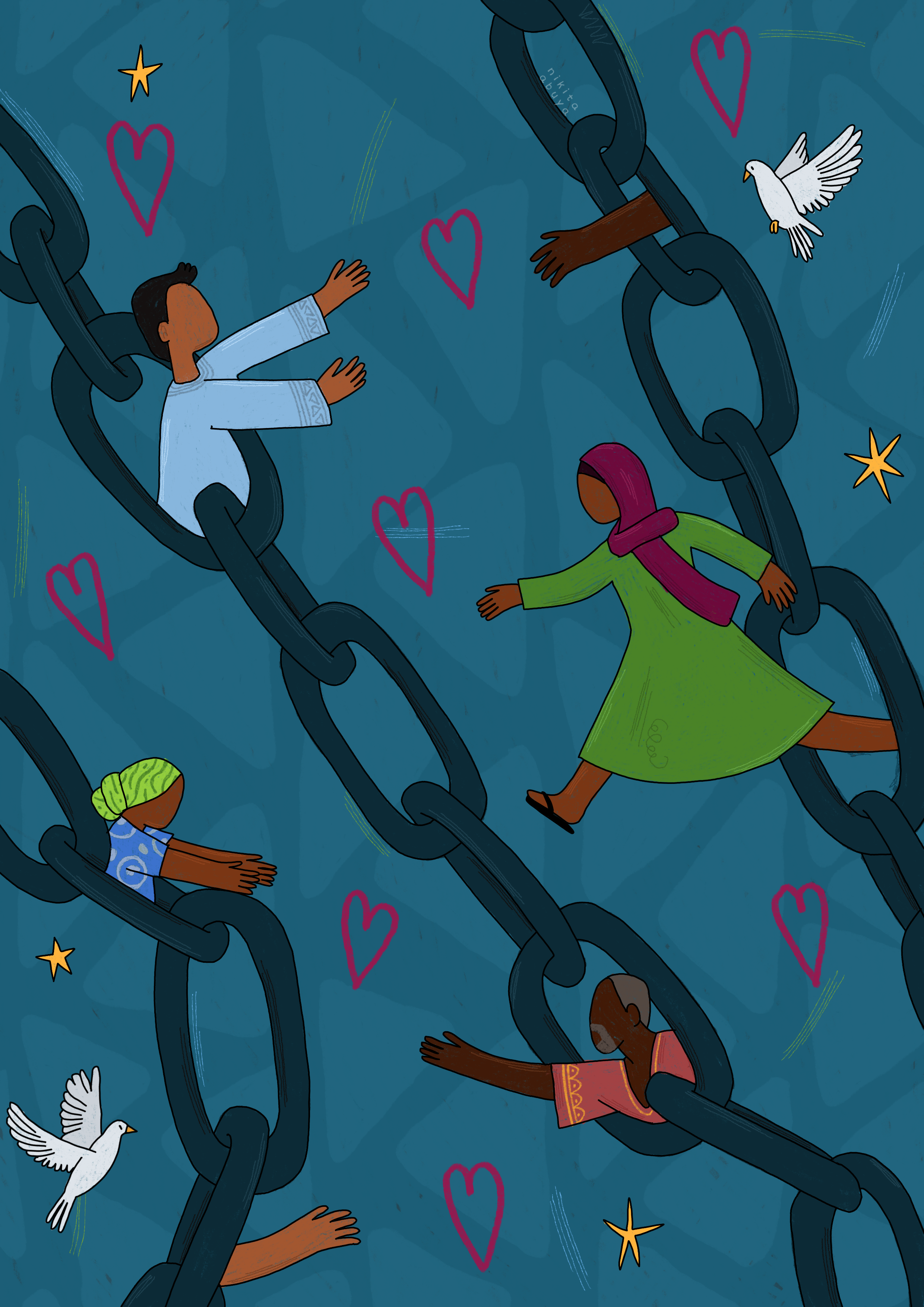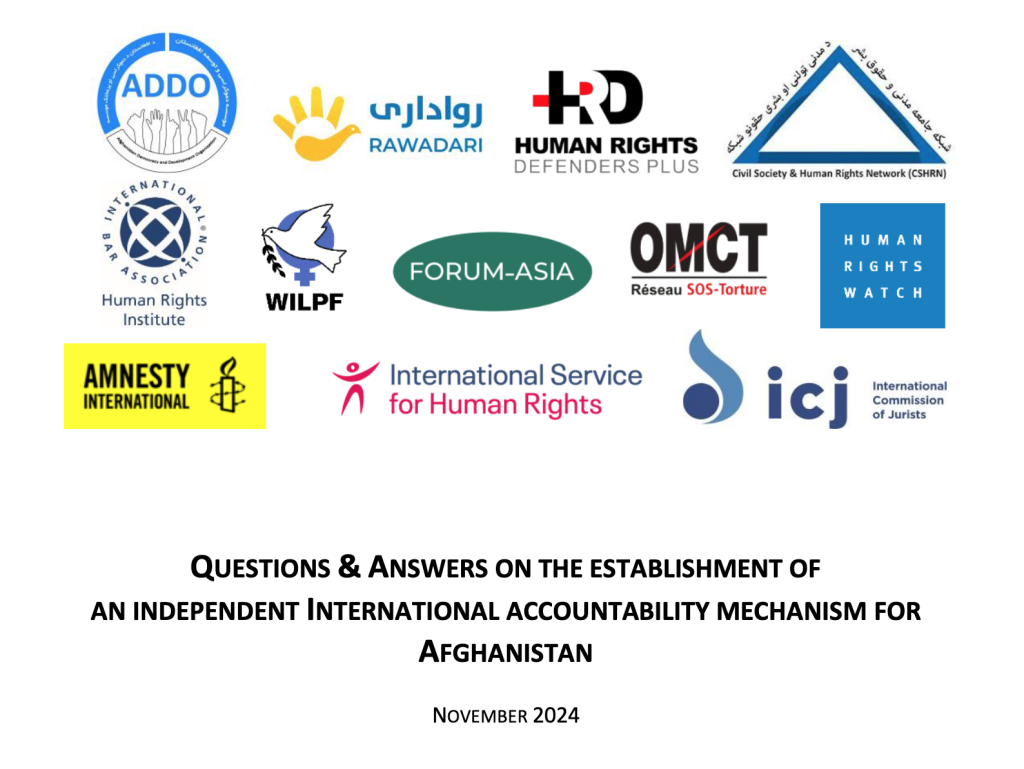Afghan women have been key drivers of change, at the forefront of progress in Afghanistan, advancing gender equality, human rights, and inclusive development.
However, since the Taliban takeover in August 2021, the situation in Afghanistan has deteriorated dramatically, particularly for women and girls, as well as ethnic and religious minorities. They face arbitrary restrictions in every area of their lives, being deprived of the fundamental rights to non-discrimination, education, work, public participation, health, and freedom of expression, association and assembly as previous protections are dismantled. With the recent Vice and Virtue Law, the Taliban have effectively erased women and girls from public life, with increasingly draconian restrictions also applying to women and girls in the home and private sphere. The situation has appropriately been described as one of unprecedented gender apartheid. The Taliban have also recently barred the UN Special Procedure from the country.
The deepening human rights and humanitarian crisis in Afghanistan demonstrates that it is past time to ensure accountability for violations of international human rights law and humanitarian law, requiring international action as avenues for justice within the country are “virtually non-existent,” following decades of impunity for crimes committed by a range of actors. The pursuit of justice by States at the UN for these crimes under international law and gross human rights violations and abuses demands a multifaceted approach to enable access to justice, truth and reparation for all victims.
What do we want?
We want to advance justice, accountability and reparation for past and ongoing serious human rights violations and abuses, some of which may amount to crimes under international law, including crimes against humanity and war crimes.
Implementing a multifaceted approach holds the potential to deliver a more comprehensive form of justice and accountability for people in Afghanistan, particularly women and girls, for the myriad violations they have endured.
What is the next urgent step towards accountability?
Establish a United Nations investigative mechanism
Together with Afghan, regional and international organisations, ISHR appealed to the Human Rights Council to establish an independent investigative mechanism, complementary to the mandate of the Special Rapporteur on the situation of human rights in Afghanistan. The mandate must focus on advancing justice, accountability and reparation for past and ongoing grave human rights violations and abuses, some of which may amount to crimes against humanity and war crimes, including gender persecution against women and girls.
In the past three years, the Taliban have completely reversed measures previously adopted to enhance the promotion and protection of human rights in Afghanistan. The Taliban, as the de facto authority, have spurned Afghanistan’s international obligations and have continued to introduce arbitrary, unlawful and wide-ranging restrictions on human rights.73 Afghan organisations and 17 international organisations, including ISHR


